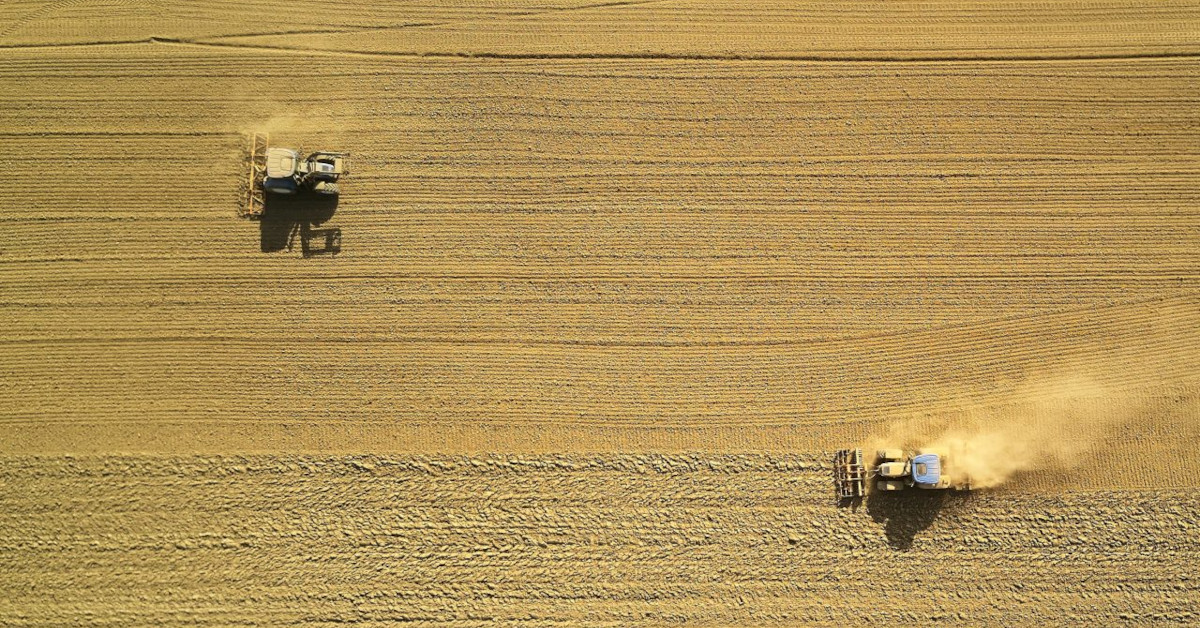I N O NECP revisado, a Eslovênia planeja aumentar o uso de biocombustíveis de 1533 para 2351 GWh em 2021-2030. Os biocombustíveis são insustentáveis e um dos principais fatores de desmatamento, afetando a segurança alimentar e a biodiversidade também. e segurança alimentar. Os biocombustíveis são prejudiciais, não contribuem para os objetivos climáticos, têm um impacto negativo na biodiversidade através do uso da terra e ameaçam a segurança alimentar
– Slovenia is planning to increase the use of biofuels.
– Biofuels are not sustainable and are a major driver of deforestation, affecting food security and biodiversity.
Their use should be reduced due to their cost and negative impact on the environment and food security.

In the draft revised NECP, Slovenia is planning to increase the use of biofuels from 1533 to 2351 GWh in 2021-2030. Biofuels are mostly harmful, do not contribute to climate goals, have a negative impact on biodiversity through land use and threaten food security. Ao mesmo tempo, os biocombustíveis avançados têm um baixo potencial (2-3%). Eles podem usar matérias-primas insustentáveis devido a critérios de sustentabilidade insuficientemente rigorosos e falta de rastreabilidade, e também são extremamente caros. supostos benefícios. O uso da terra para culturas de biocombustíveis inevitavelmente significa que ela não é usada como um coletor de carbono natural, como habitat para espécies ameaçadas de extinção ou para a produção de alimentos. As florestas e outras vegetação que crescem em uma área equivalente à área atualmente usada para culturas de biocombustíveis sozinhas absorveriam quase o dobro do CO2 da atmosfera do que a economia oficial de CO2 líquido de substituir os combustíveis fósseis por biocombustíveis. 40 vezes é necessário menos terra para alimentar um carro elétrico com energia solar do que um carro alimentado por biocombustíveis. A Eslovênia importa misturas de combustível pronto.
Biofuels need to be reduced, given their negative impacts on climate, biodiversity and food security, not increased as planned in the draft of revised NECP. The negative climate impacts of crop-based biofuels outweigh their supposed benefits. The use of land for biofuel crops inevitably means that it is not used as a natural carbon sink, as habitat for endangered species or for food production. Forests and other vegetation growing on an area equivalent to the area currently used for biofuel crops alone would absorb almost twice as much CO2 from the atmosphere as the official net CO2 savings from replacing fossil fuels with biofuels. 40 times less land is needed to power an electric car with solar energy than a car powered by biofuels.
So far the biofuels have been imported as fuel mix. Slovenia imports ready-made fuel blends. quase um terço dos biocombustíveis usados na Eslovênia é baseado em culturas, e a maioria é feita de óleo de cozinha de resíduos (Parte B, Anexo IX, vermelho), que levanta questões sobre a sustentabilidade. Como melhorar e aumentar o transporte de passageiros públicos e a eletrificação direta, que é mais eficiente em termos de energia e uma solução bem estabelecida com menos impactos negativos. Prêmios
Incentives for the development of biofuel production in Slovenia have no place in the revised NECP due to their negative environmental effects. There are better solutions, such as improving and increasing public passenger transport and direct electrification, which is more energy efficient and a well-established solution with fewer negative impacts.

